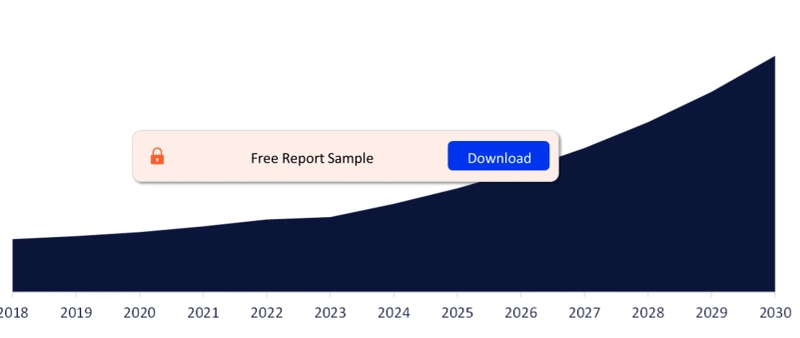Introduction
In the digital era, the concept of frictionless commerce has emerged as a guiding principle for businesses seeking to streamline the customer experience and maximize efficiency. frictionless commerce theme analysis This theme encompasses various strategies and technologies aimed at minimizing barriers and enhancing the seamless flow of transactions in the online marketplace.
Understanding Frictionless Commerce
Definition and Scope
Frictionless commerce refers to the process of eliminating obstacles and simplifying interactions between consumers and businesses throughout the entire purchasing journey. From initial discovery to post-purchase support, every touchpoint is optimized to minimize friction and ensure a smooth, hassle-free experience for customers.
Key Elements
The core elements of frictionless commerce include:
Seamless User Experience: Designing intuitive interfaces and navigation pathways that facilitate effortless browsing, selection, and checkout processes.Personalization: Leveraging data analytics and machine learning algorithms to deliver tailored recommendations, promotions, and content based on individual preferences and behavior.Omnichannel Integration: Synchronizing various sales channels, including websites, mobile apps, social media platforms, and physical stores, to provide a unified and consistent shopping experience across touchpoints.Efficient Fulfillment: Optimizing inventory management, order processing, and delivery logistics to ensure timely and reliable fulfillment of customer orders.Responsive Customer Support: Offering proactive assistance, real-time communication channels, and self-service options to address inquiries, resolve issues, and provide ongoing assistance. Discover the perfect solution for your business needs. Enquire now and let us help you make an informed decision before making a purchase.Analysis of Frictionless Commerce Themes
Technological Innovations
Advancements in technology play a pivotal role in enabling frictionless commerce. Key innovations include:
Artificial Intelligence (AI): AI-powered chatbots, virtual assistants, and predictive analytics enhance personalization and automate customer interactions.Internet of Things (IoT): Connected devices enable seamless integration between physical products and digital platforms, facilitating remote monitoring, maintenance, and reordering.Blockchain: Distributed ledger technology ensures transparency, security, and traceability in transactions, reducing fraud and enhancing trust in e-commerce ecosystems.Industry Trends
Frictionless commerce is reshaping various industries, including:
Retail: E-commerce giants like Amazon have set the standard for frictionless shopping experiences, prompting traditional retailers to invest in omnichannel strategies and digital transformation initiatives.Hospitality: Hotels and travel agencies leverage mobile apps, contactless check-in/out, and personalized recommendations to enhance the guest experience and streamline booking processes.Financial Services: Banks and fintech companies offer digital banking solutions, peer-to-peer payments, and robo-advisory services to simplify financial transactions and improve customer engagement.Challenges and Considerations
While frictionless commerce offers numerous benefits, businesses face several challenges in implementation:
Data Privacy: Collecting and leveraging customer data for personalization must be done ethically and in compliance with privacy regulations like GDPR and CCPA.Cybersecurity: Ensuring the security of online transactions and protecting sensitive customer information from cyber threats and data breaches is paramount.Integration Complexity: Integrating disparate systems, platforms, and technologies across the organization requires careful planning, coordination, and investment.Future Outlook
As technology continues to evolve and consumer expectations evolve, the future of frictionless commerce holds immense potential. Innovations in AI, IoT, and blockchain will drive further optimization and automation, while businesses will focus on delivering hyper-personalized, context-aware experiences that anticipate and fulfill customer needs in real time.
Conclusion
In conclusion, the concept of frictionless commerce represents a paradigm shift in how businesses approach customer engagement and transactional processes. By prioritizing seamless experiences, personalization, and integration across channels, organizations can build lasting relationships with customers and gain a competitive edge in the digital marketplace.
Buy the Full Report for More Industry Insights into the Frictionless Commerce Theme


